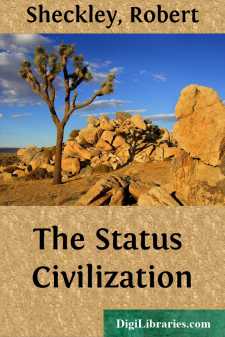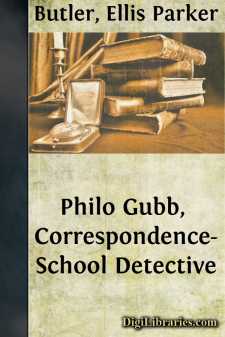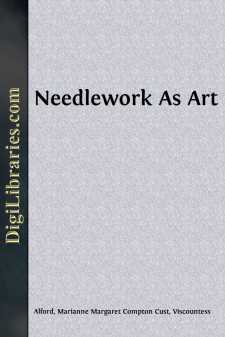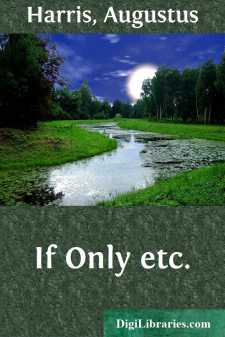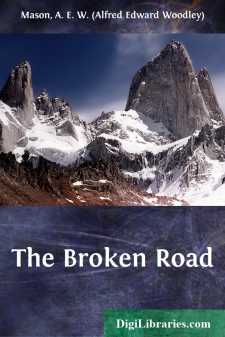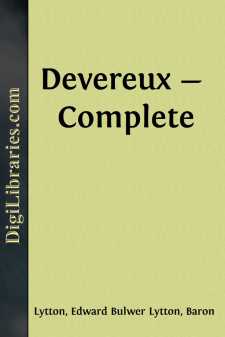Categories
- Antiques & Collectibles 13
- Architecture 36
- Art 48
- Bibles 22
- Biography & Autobiography 813
- Body, Mind & Spirit 142
- Business & Economics 28
- Children's Books 13
- Children's Fiction 10
- Computers 4
- Cooking 94
- Crafts & Hobbies 4
- Drama 346
- Education 46
- Family & Relationships 57
- Fiction 11828
- Games 19
- Gardening 17
- Health & Fitness 34
- History 1377
- House & Home 1
- Humor 147
- Juvenile Fiction 1873
- Juvenile Nonfiction 202
- Language Arts & Disciplines 88
- Law 16
- Literary Collections 686
- Literary Criticism 179
- Mathematics 13
- Medical 41
- Music 40
- Nature 179
- Non-Classifiable 1768
- Performing Arts 7
- Periodicals 1453
- Philosophy 64
- Photography 2
- Poetry 896
- Political Science 203
- Psychology 42
- Reference 154
- Religion 513
- Science 126
- Self-Help 84
- Social Science 81
- Sports & Recreation 34
- Study Aids 3
- Technology & Engineering 59
- Transportation 23
- Travel 463
- True Crime 29
Sort by:
by:
Robert Sheckley
THE STATUS CIVILIZATION Chapter One His return to consciousness was a slow and painful process. It was a journey in which he traversed all time. He dreamed. He rose through thick layers of sleep, out of the imaginary beginnings of all things. He lifted a pseudopod from primordial ooze, and the pseudopod was him. He became an amoeba which contained his essence; then a fish marked with his own peculiar...
more...
Walking close along the wall, to avoid the creaking floor boards, Philo Gubb, paper-hanger and student of the Rising Sun Detective Agency’s Correspondence School of Detecting, tiptoed to the door of the bedroom he shared with the mysterious Mr. Critz. In appearance Mr. Gubb was tall and gaunt, reminding one of a modern Don Quixote or a human flamingo; by nature Mr. Gubb was the gentlest and most...
more...
THE CRUCIFIXION OF THE OUTCAST. A man, with thin brown hair and a pale face, half ran, half walked, along the road that wound from the south to the town of Sligo. Many called him Cumhal, the son of Cormac, and many called him the Swift, Wild Horse; and he was a gleeman, and he wore a short parti-coloured doublet, and had pointed shoes, and a bulging wallet. Also he was of the blood of the Ernaans, and...
more...
I didn't worry much about the robot's leg at the time. In those days I didn't worry much about anything except the receipts of the spotel Min and I were operating out in the spacelanes. Actually, the spotel business isn't much different from running a plain, ordinary motel back on Highway 101 in California. Competition gets stiffer every year and you got to make your improvements....
more...
PREFACE. In the Preface to the “Handbook of Art Needlework,” which I edited for the Royal School at South Kensington in 1880, I undertook to write a second part, to be devoted to design, colour, and the common-sense modes of treating decorative art, as applied especially to embroidered hangings, furniture, dress, and the smaller objects of luxury. Circumstances have, since then, obliged me to...
more...
by:
Augustus Harris
CHAPTER I. There is a vast deal talked in the present day about Freewill. We like to feel that we are independent agents and are ready to overlook the fact that our surroundings and circumstances and the hundred and one subtle and mysterious workings of the fate we can none of us escape, control our actions and are responsible for our movements, and make us to a great extent what we are. A man is not...
more...
CHAPTER I THE BREAKING OF THE ROAD It was the Road which caused the trouble. It usually is the road. That and a reigning prince who was declared by his uncle secretly to have sold his country to the British, and a half-crazed priest from out beyond the borders of Afghanistan, who sat on a slab of stone by the river-bank and preached a djehad. But above all it was the road—Linforth's road. It...
more...
CHAPTER I Bonbright Foote VI arose and stood behind the long table which served him as a desk and extended his hand across it. His bearing was that of a man taking a leading part in an event of historic importance. "My son," said he, "it gratifies me to welcome you to your place in this firm." Then he smiled. When Bonbright Foote VI smiled it was as though he said to himself, "To...
more...
MY DEAR AULDJO,—Permit me, as a memento of the pleasant hours we passed together, and the intimacy we formed by the winding shores and the rosy seas of the old Parthenope, to dedicate to you this romance. It was written in perhaps the happiest period of my literary life,—when success began to brighten upon my labours, and it seemed to me a fine thing to make a name. Reputation, like all...
more...
by:
Frank Harris
INTRODUCTION This book has grown out of a series of articles contributed to "The Saturday Review" some ten or twelve years ago. As they appeared they were talked of and criticized in the usual way; a minority of readers thought "the stuff" interesting; many held that my view of Shakespeare was purely arbitrary; others said I had used a concordance to such purpose that out of the mass of...
more...


